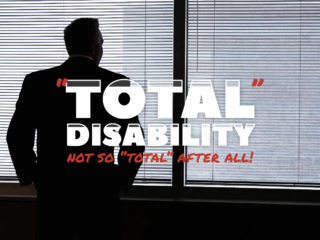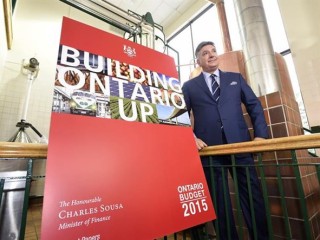In the context of a dispute regarding the language to be included in a Release, a Judge endorsed that the matter of costs be fixed by a Judge. The Plaintiffs accepted the Defendants’ offer to settle their action. The settlement of all claims, exclusive of costs and disbursements, totaled $253,000.00. The Plaintiffs sought their costs of the action in the amount of $134,678.47 for fees on a partial indemnity basis, H.S.T. on the fees in the sum of $17,508.20 and disbursements in the amount of $20,830.99.
The Plaintiffs were the children and minor grandchildren of the deceased, Diane Tsialtis. While liability was a contentious issue as between the Defendants, at no point was there any suggestion that the Plaintiffs were liable in any way.
The accident occurred on September 15, 2014. During the course of the litigation, the Plaintiffs attended several days of examinations for discovery, participated in a private mediation as well as two pre‐trials and began preparing for trial. On numerous occasions, the Plaintiffs pleaded with the Defendants to take a “big picture,” common sense approach to the litigation and to engage in early settlement negotiations.
As the litigation progressed, the Plaintiffs gave the Defendants several warnings that their costs were increasing such that an offer to settle costs in accordance with the industry standard would be rejected .
By the time the litigation settled, the Plaintiffs were claiming costs for just under 500 hours of time spent (which was a reduced figure to account for duplication in work and time spent by associates that represented educational or learning time). The Judge approved a blended hourly rate for all of the involved hours for the Plaintiff team at $271.15. The court found that both the time spent and the hourly rates being sought were appropriate given the steps that occurred over the course of the prolonged litigation and the seniority of counsel.
While it was noted that Defence counsel had a lower hourly rate than Plaintiffs’ counsel, the Judge held that this was not a fair comparison as His Honour recognized that rates charged to insurance companies are typically lower than other rates due to market factors.
Moreover, with respect to the actual hours spent, His Honour found that in personal injury cases, it is not uncommon for Plaintiff’s counsel to have to spend more time to “investigate the merits of the case and marshal the necessary evidence to properly advance the claims” as compared to defending the claim.
The Honourable Mr. Justice Daley engaged in a detailed analysis of the Rule 57.01(1) factors and took into account the overarching factor of proportionality to determine whether the time expended by counsel and billing rates were reasonable, when taken with reference to the factors of 57.01(1) and the results achieved.
The Honourable Mr. Justice Daley found that the Defendants’ failure to mediate the action at an earlier stage “unnecessarily lengthened the duration of this proceeding contrary to rule 57.01(1)(e).”
With respect to proportionality and costs that could reasonably expected to be paid, His Honour concluded:
It was clearly open to the defendants to recognize that the plaintiffs’ claims were relatively modest, as compared to the cost of all the legal work that was carried out by their respective counsel. The fact that the defendants’ insurers simply let the action run its course and ignored requests to conduct a statutorily mandated mediation, should in no way adversely impact the plaintiffs’ entitlement to receive reasonable and fair partial indemnity costs. [at para. 60]
An over emphasis on proportionality to the detriment of other equally relevant factors “ignores the principles of indemnity and access to justice, especially in proceedings where the legitimate claims of clearly wronged plaintiffs are being pursued” Bondy‐Rafael, at para.64. [at para. 63]













